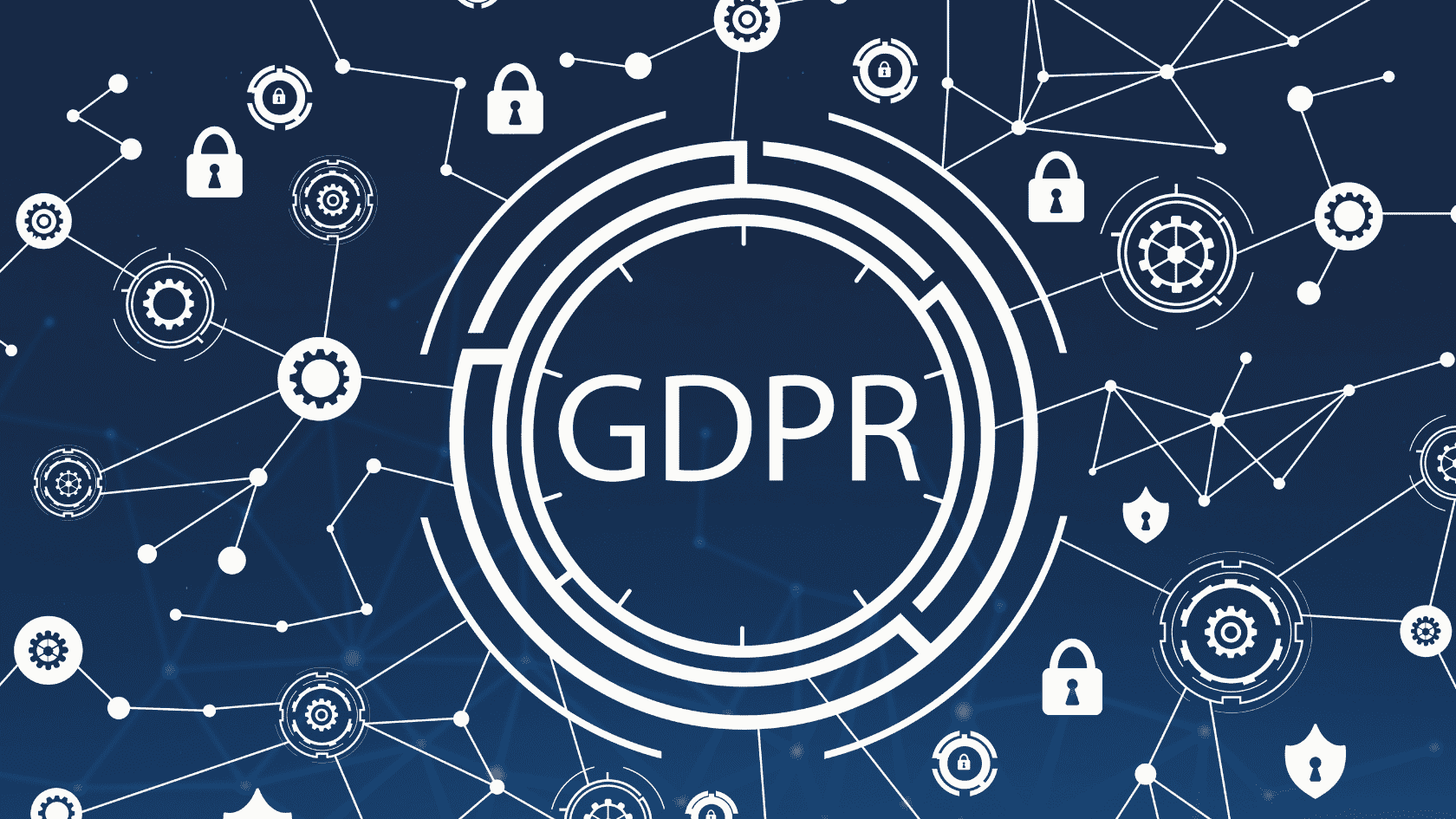The General Data Protection Regulation (GDPR), which came into effect on May 25, 2018, has transformed the landscape of data protection and privacy in the European Union (EU). It imposes strict regulations on how businesses handle personal data, including the data collected for email marketing. While GDPR aims to protect individuals’ privacy rights, it has also had a significant impact on email marketing practices. In this blog, we will explore how GDPR has affected email marketing and what businesses can do to adapt to these new regulations.

Understanding GDPR
GDPR is a comprehensive data protection law that applies to any organization that processes personal data of EU residents, regardless of the organization’s location. The regulation emphasizes:
- Consent: Organizations must obtain explicit consent from individuals before collecting, processing, or storing their personal data.
- Transparency: Businesses must be clear about how they collect, use, and store personal data.
- Rights of Individuals: Individuals have the right to access their data, request its deletion, and object to its processing.
These principles have fundamentally changed how businesses approach email marketing, which often relies on collecting and managing personal data.
Key Impacts of GDPR on Email Marketing
1. Stricter Consent Requirements
One of the most significant changes brought about by GDPR is the requirement for explicit consent. Businesses can no longer rely on pre-checked boxes or implied consent; instead, they must obtain clear and affirmative consent from individuals before adding them to an email list.
What This Means for Email Marketing:
- Opt-In Mechanisms: Marketers must implement robust opt-in mechanisms that require users to actively agree to receive marketing communications. This often includes using clear and concise language in consent forms.
- Double Opt-In: Many organizations are adopting double opt-in methods, where users receive a confirmation email to verify their consent before being added to the email list. This ensures that the subscriber genuinely wants to receive communications.
2. Enhanced Transparency and Privacy Notices
GDPR mandates that businesses provide transparent information about how they collect and use personal data. This includes informing individuals about the purpose of data collection, how their data will be used, and their rights regarding their data.
What This Means for Email Marketing:
- Updated Privacy Policies: Marketers must ensure that their privacy policies are clear, concise, and easily accessible. These policies should explain how personal data is collected, processed, and stored in relation to email marketing.
- Clear Communication: Businesses should communicate their data practices clearly during the signup process, allowing individuals to make informed decisions about consenting to receive emails.
3. Increased Focus on Data Protection
GDPR places a strong emphasis on data protection and security. Businesses are now required to implement appropriate technical and organizational measures to protect personal data from breaches and unauthorized access.
What This Means for Email Marketing:
- Data Security: Marketers must ensure that the platforms and tools they use for email marketing comply with GDPR standards. This includes using secure email marketing services and protecting customer data from potential breaches.
- Data Breach Protocols: In the event of a data breach, businesses must have protocols in place to notify affected individuals and the relevant authorities within 72 hours, as mandated by GDPR.
4. Revocation of Consent and Unsubscribing
Under GDPR, individuals have the right to withdraw their consent at any time. This means businesses must make it easy for subscribers to unsubscribe from email lists.
What This Means for Email Marketing:
- Easy Unsubscribe Options: Every marketing email should include a clear and easy way for recipients to unsubscribe. Marketers must honor unsubscribe requests promptly to comply with GDPR regulations.
- Respecting Preferences: Businesses should also consider implementing preference centers that allow subscribers to manage their communication preferences instead of simply opting out entirely. This can help retain valuable customers while ensuring compliance.
5. Data Retention Policies
GDPR requires businesses to only retain personal data for as long as necessary to fulfill the purpose for which it was collected. This means marketers need to be more strategic about their data retention policies.
What This Means for Email Marketing:
- Regular Data Audits: Organizations should conduct regular audits of their email lists to identify inactive subscribers and determine if they should retain or delete their data.
- Clear Retention Policies: Businesses must establish and communicate clear data retention policies, explaining how long they will keep subscribers’ data and the reasons for retention.
Adapting Email Marketing Strategies Post-GDPR
To navigate the changes imposed by GDPR effectively, businesses should consider the following strategies:
1. Rebuild Your Email List
If you haven’t already done so, consider rebuilding your email list to ensure that you have obtained valid consent from subscribers. This may involve reaching out to previous subscribers and inviting them to opt back into your emails.
2. Focus on Value
To encourage sign-ups, focus on providing value to your subscribers. Offer incentives, such as exclusive content, discounts, or freebies, in exchange for their consent to receive marketing communications.
3. Enhance Personalization
Personalization is key to effective email marketing. Use the data you collect (with consent) to create personalized email experiences that resonate with your audience. Tailor your content based on their preferences and behaviors to improve engagement rates.
4. Stay Informed and Compliant
GDPR regulations may evolve, so it’s crucial to stay informed about any updates or changes to the law. Regularly review your practices to ensure ongoing compliance and consider seeking legal advice if necessary.
Conclusion
The implementation of GDPR has fundamentally changed the landscape of email marketing. While it has introduced stricter regulations and challenges, it has also created opportunities for businesses to build stronger, more transparent relationships with their customers. By focusing on obtaining explicit consent, enhancing transparency, and prioritizing data protection, businesses can adapt to the new regulations while continuing to leverage email marketing effectively.


No responses yet